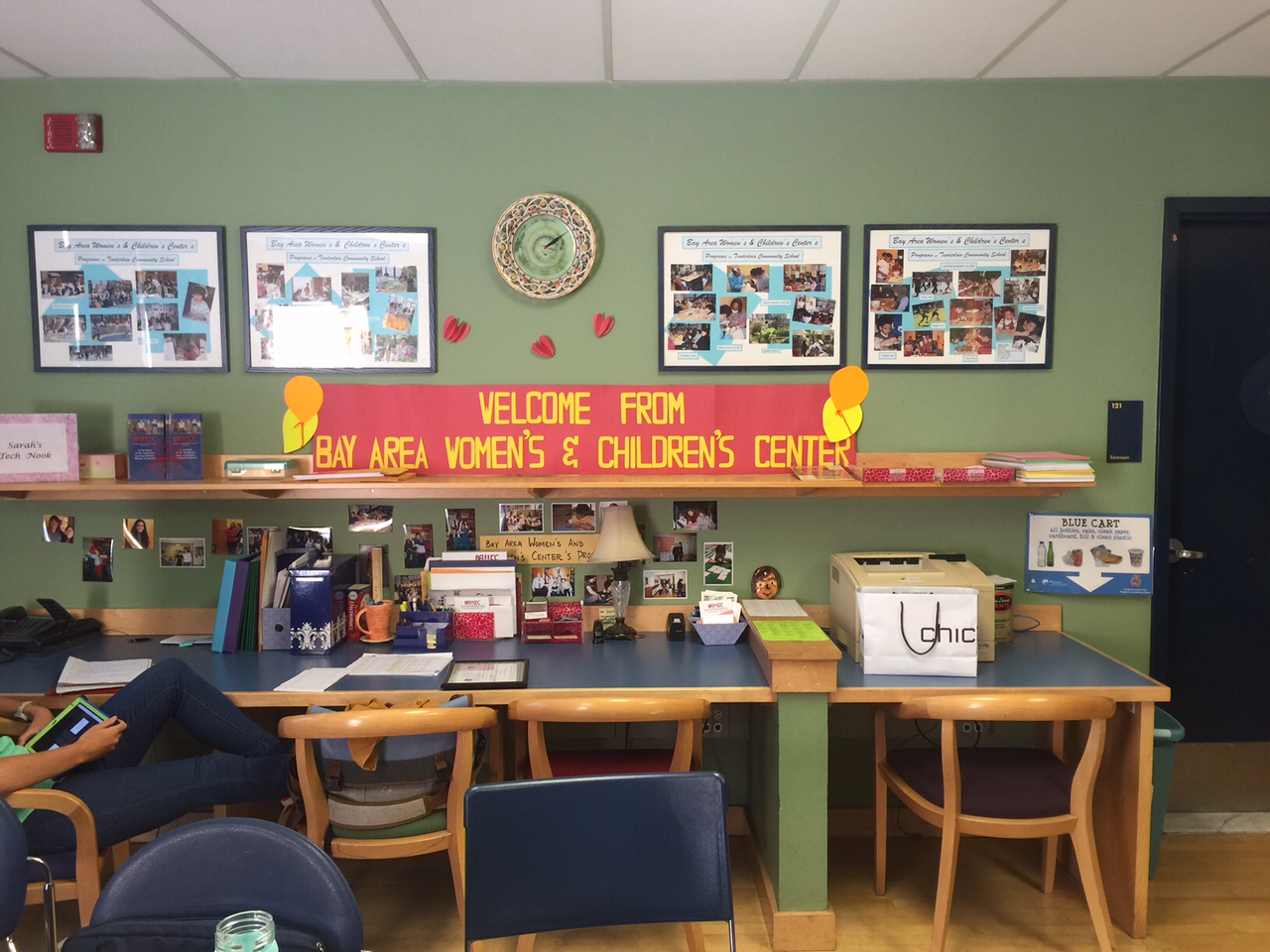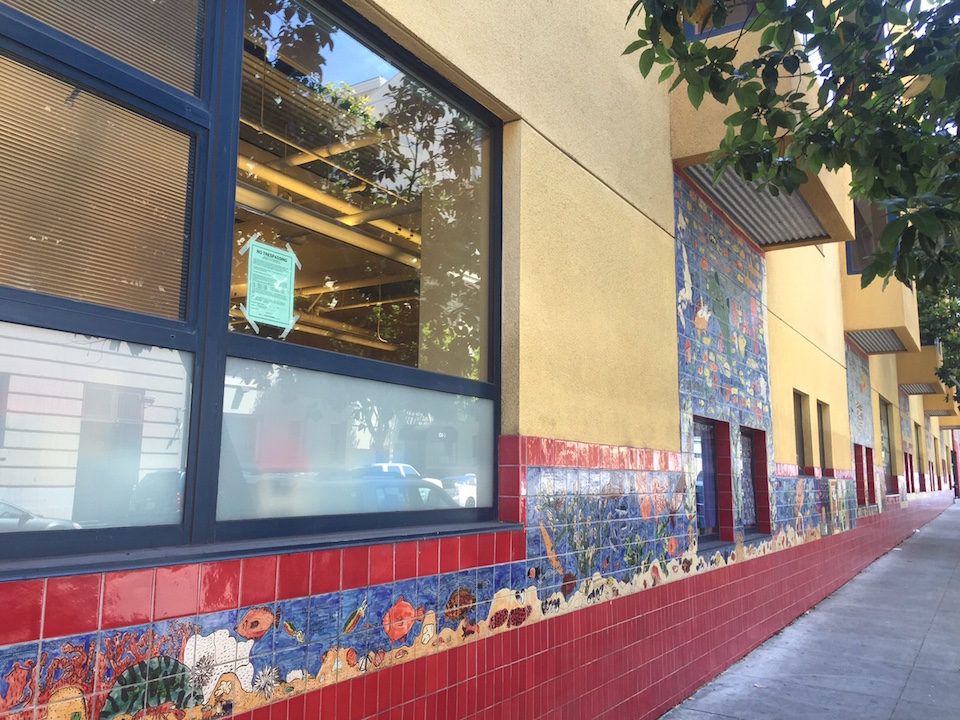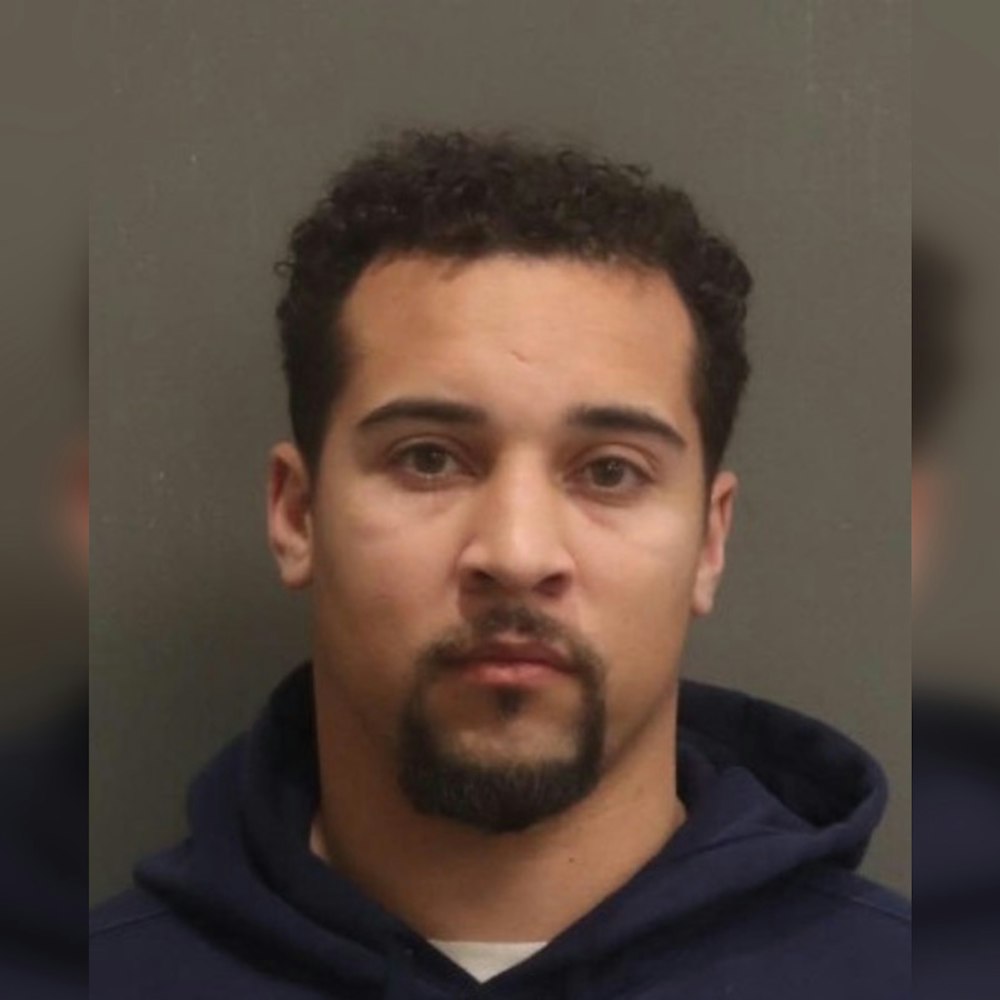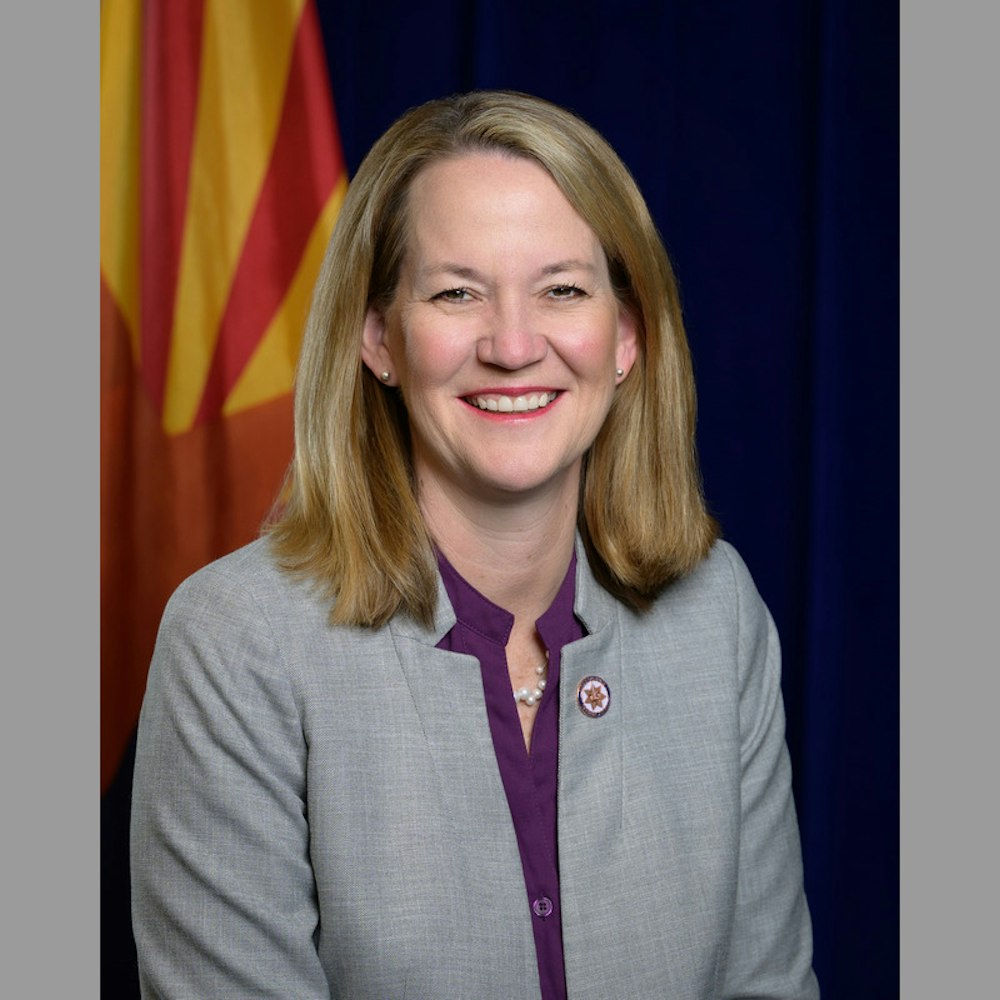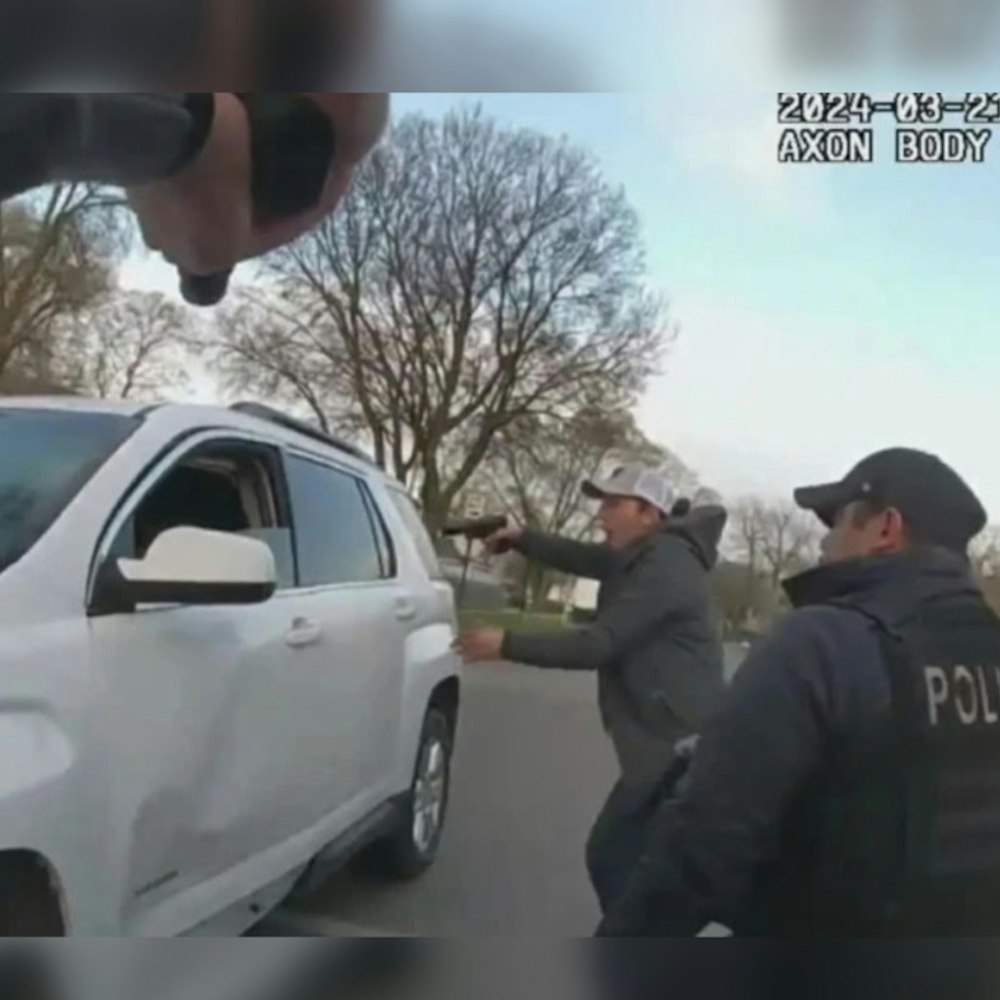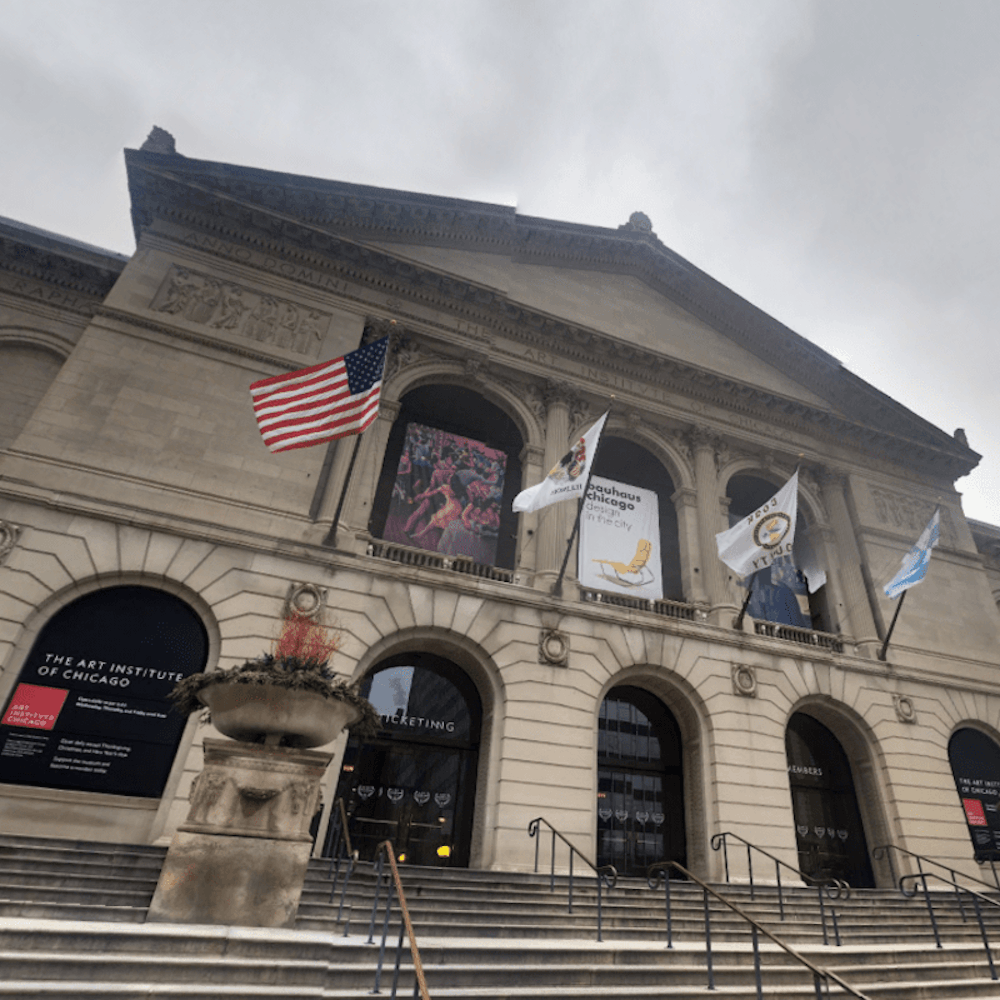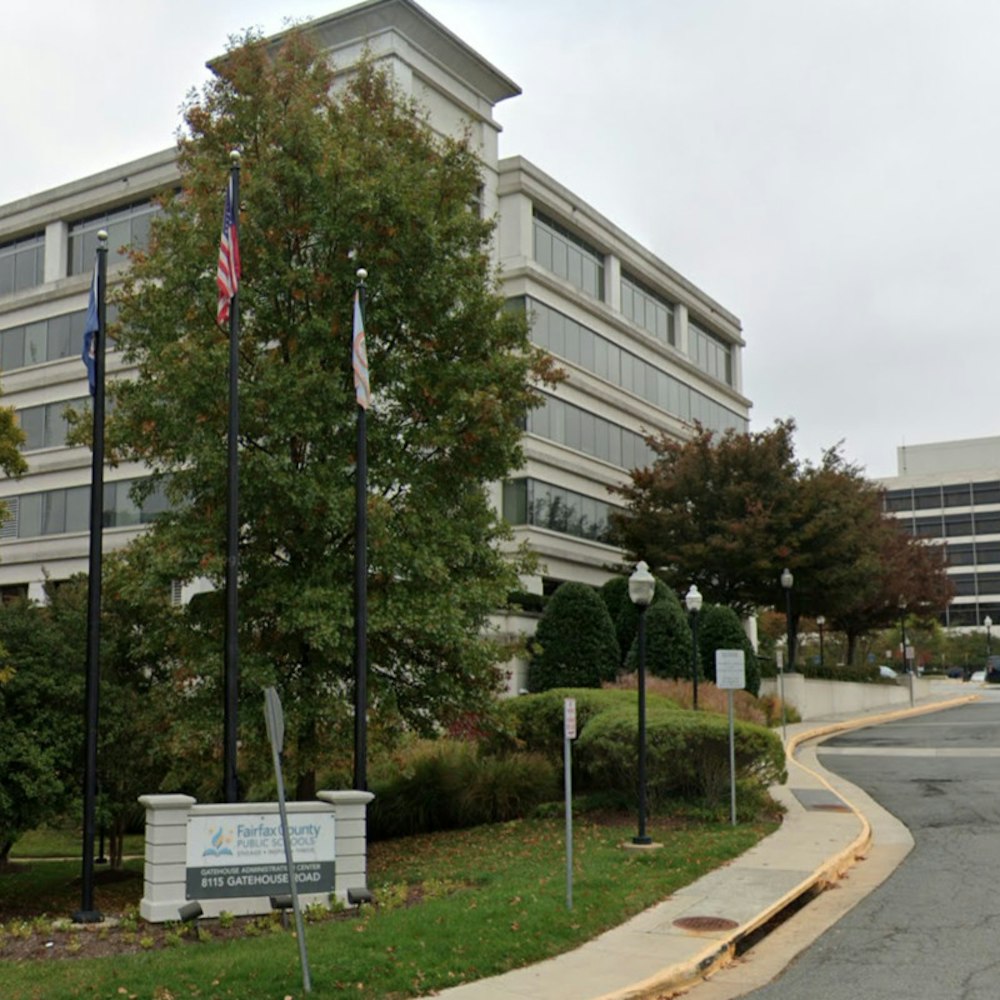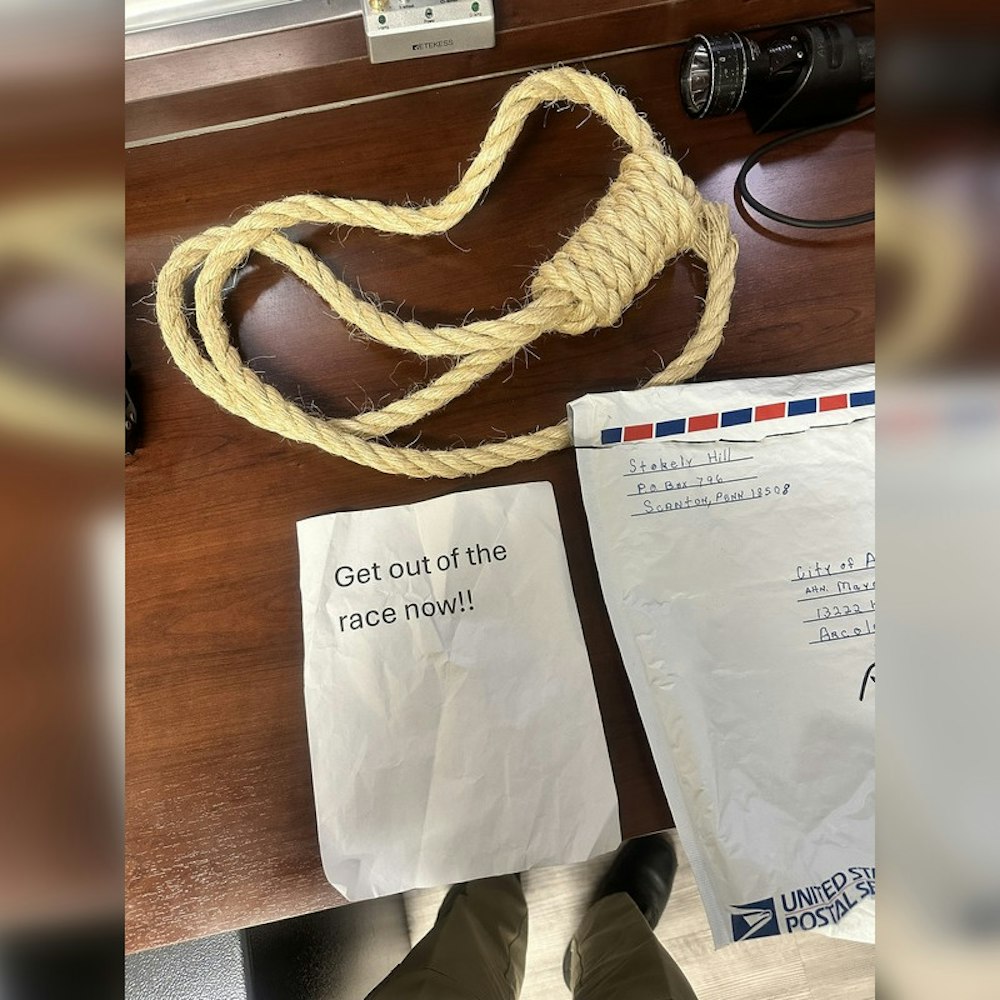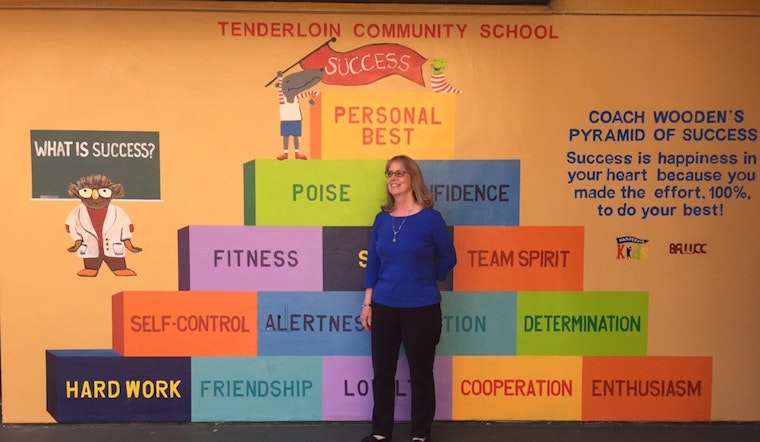
As a longtime resident of the Tenderloin, Midge Wilson is no stranger to the neighborhood and its unique needs. In 1981, she founded the Bay Area Women's & Children's Center (318 Leavenworth St.), which provides comprehensive services to low-income families and youth, uniquely tailored to the diverse needs of the Tenderloin's multi-ethnic population.
BAWCC has numerous accomplishments under its belt, including the development of the now 17-year-old Tenderloin Community School and the creation of five neighborhood playgrounds. The organization also operates a food pantry, a free clothing closet, a youth sports program, and a scholarship fund, and conducts comprehensive surveys of neighborhood families, one of which is currently underway.
During her tenure, Wilson says she has seen the neighborhood both diversify and stay true to its roots: youth and families looking for a shoulder to lean on in order to thrive. "There are so many Tenderloins," she says. "There are the Tenderloins for Yemeni families, for Asian families ... there are at least seven different primary groups, traditions, and comfort levels. There are the homeless people, the seniors, families with young children needing childcare and child development programs."
But the neighborhood's diverse needs are exactly why Wilson says she loves working there. "It’s really a remarkable community. I still, a few times a week, when I am walking around the neighborhood, I just love looking around and seeing all ages, all races, all lifestyles. That, to me, is who I am; I just love being in this kind of a community, with this much diversity. All the negative things that you hear about the Tenderloin? You can’t be a part of the community for this long and not see them and know about them, other than trying to do what we all can collaboratively to help make things better. What I see is the vibrancy and the diversity of the neighborhood, and I just love it; I’ve always loved it."
Wilson, who decided to work with the city's needy in her college years, opened BAWCC's doors in the early '80s after acquiring a $35,000 grant, stretched over a two-year period. “We used $17,000 a year to keep the doors open, to pay for the electricity and pay for the phones, and honestly—I never looked back. I think people kind of get bitten by the Tenderloin bug, I really do," she says.
The organization's crowning jewel is its partnership with the Tenderloin Community School. Wilson's staff works with the school's principal, administration, and teachers to consistently modify program offerings to fit the community's needs, both throughout the school day and after school.
“Every community has different needs," says Wilson. "So it’s a combination for us of what the teachers and administration are seeing in their classes, what the parents are seeing, and what we as community representatives who have been here working with children and families for a long time are seeing. That’s always determined for us what services are brought into the school."
One example comes from back when the school was being designed. Wilson undertook a comprehensive survey of Tenderloin parents, and the results surprised her: the number-one request was a dental clinic. "I wasn’t surprised that it was on the list, but I was surprised it was number one," she says. "So we built a five-room dental clinic with two operatives into the school, and then we signed an MOU with UCSF to come in and do free dental services for all the kids at the school." They've since provided dental services for 13 years and counting. "It’s just a phenomenal program. Every year we keep looking, working with the administration, working with the teachers to see what else we need to do; where the most urgent need is."
BAWCC's latest community survey, "Tenderloin Children, Youth & Family Issues," is currently in progress, and Wilson already has an idea of some of the changes she'll effect with the results. “We are seeing that there is a huge unmet need for mental-health services at the school and in the community. A lot of people are talking about toxic stress; children that are exposed to all different kinds of trauma in their lives are exhibiting certain kinds of behaviors, and they are just not able to overcome them as the years go by."
Unlike dental services, though, mental-health treatment can be a harder sell. "You can’t set up a storefront and say 'Counseling Services' or 'Mental Health Services,’ because there's still a stigma. Plus, you have all the different populations in the Tenderloin: the different languages, ethnicities, and the different traditions. I think that’s a bit of a tricky area to try to think, 'OK, we see this as a huge unmet need, now what do we do about that?'”
But though more work still needs to be done, Wilson is confident that BAWCC will find a way to help. “When I think about the community, when we opened our doors that first day, versus now? We have come so far. We have some amazing parks, including Civic Center; we have a couple of rec centers; we have a school and some amazing programs that have moved in. But then I always think, 'We have come a long way, but we still have a long way to go.' And when I am talking to people that don’t know the Tenderloin very well, I hope that they get a sense of the wonderful parts of the neighborhood.”
